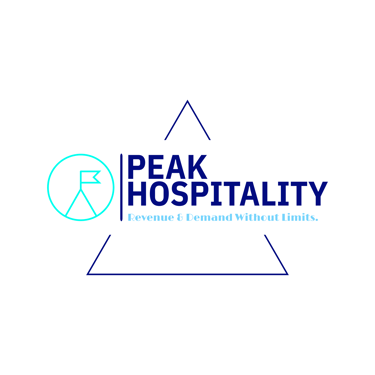Unlocking Leisure: Efficiency Tips for Hospitality Operators
Explore strategies for hotel & restaurant operators to balance professional demands with leisure, emphasizing team empowerment & effective hospitality management.
James Hague
8/7/20232 min read


In the dynamic world of hospitality management, operators frequently find themselves balancing numerous roles. From addressing guest concerns to charting financial trajectories, the tasks can often seem overwhelming. Yet, with a strategic approach rooted in empowerment, technology, and trust, it becomes attainable for operators to enjoy more leisure time.
Building and Empowering Your Team in Hospitality Management
A successful hospitality establishment thrives not only on an operator's expertise but on the collective strength of its team. Empowering and equipping the team is pivotal for uninterrupted operations.
1. Recruitment and Coaching Strategies
Start with a robust hiring process. Utilize hospitality-focused job platforms and recruitment agencies to attract the right talent. Once onboarded, invest in consistent leadership coaching and professional development. Paired with mentorship programs, this ensures new members are integrated efficiently and are aligned with the establishment's ethos.
2. Cross-functional Training
Diversify training, ensuring staff understand the breadth of hotel and restaurant management. A front desk associate versed in kitchen dynamics or housekeeping procedures is invaluable, ensuring adaptability in peak times or unexpected shortages.
Time Management and Streamlining in Hotel and Restaurant Management
Achieving leisure hinges on effective time management and a strategic approach to daily operations.
Utilizing Technology: Modern management systems, from property management to customer relationship management tools, can dramatically simplify operations. Embrace these to free up valuable time.
Effective Delegation: Recognize tasks that don't need direct intervention. Trusting proficient team members with responsibilities, based on their strengths, ensures tasks are executed efficiently.
Outsourcing Non-Core Tasks: Certain tasks, such as marketing, accounting, or IT, can be outsourced to specialized agencies. This not only guarantees expert handling but also allows operators to focus on core hospitality elements.
Setting Clear KPIs and Goals: Empower the team with clear objectives. When roles, targets, and expectations are transparent, the team can work autonomously, aligning their efforts with the broader establishment goals.
Cultivating Trust and Continuous Improvement
The journey to increased leisure and efficient operations is an ongoing process of trust-building and refinement.
Feedback Mechanisms for Continuous Improvement: Cultivate an environment where feedback is a two-way street. Implement suggestion boxes, regular feedback forms, or digital platforms for staff to provide insights. Continuous feedback not only identifies areas of improvement but also fosters a culture of growth.
Hiring Right for Hospitality: Beyond skills, prioritize candidates' attitude and alignment with the brand's values. While skills can be developed, a positive attitude and integrity are foundational.
Emergency Protocols: Prepare the team for unexpected challenges. Establishing clear emergency protocols ensures operations remain smooth, even in the operator's absence, offering peace of mind.
Leveraging Consulting Firms: Sometimes, external expertise is invaluable. Consulting agencies, well-versed in hospitality management, can identify operational challenges and suggest tailored strategies. Engaging these experts allows operators to address larger, strategic concerns.
In conclusion, for operators seeking more leisure time without compromising the quality of their establishment, the answer lies in a blend of strategic recruitment, clear goal setting, continuous improvement, and trust. With these pillars, the hospitality sector becomes not only a realm of business but also one of enjoyment and relaxation.
